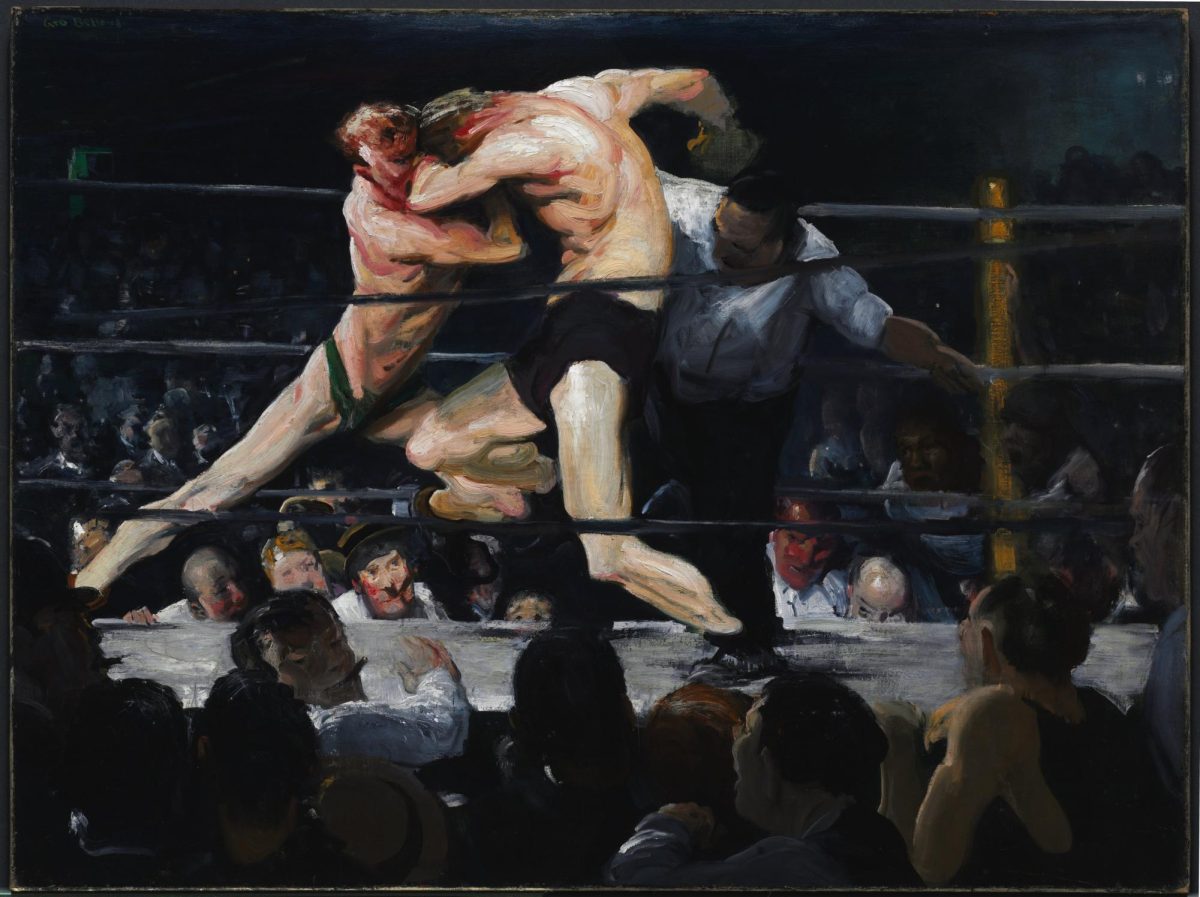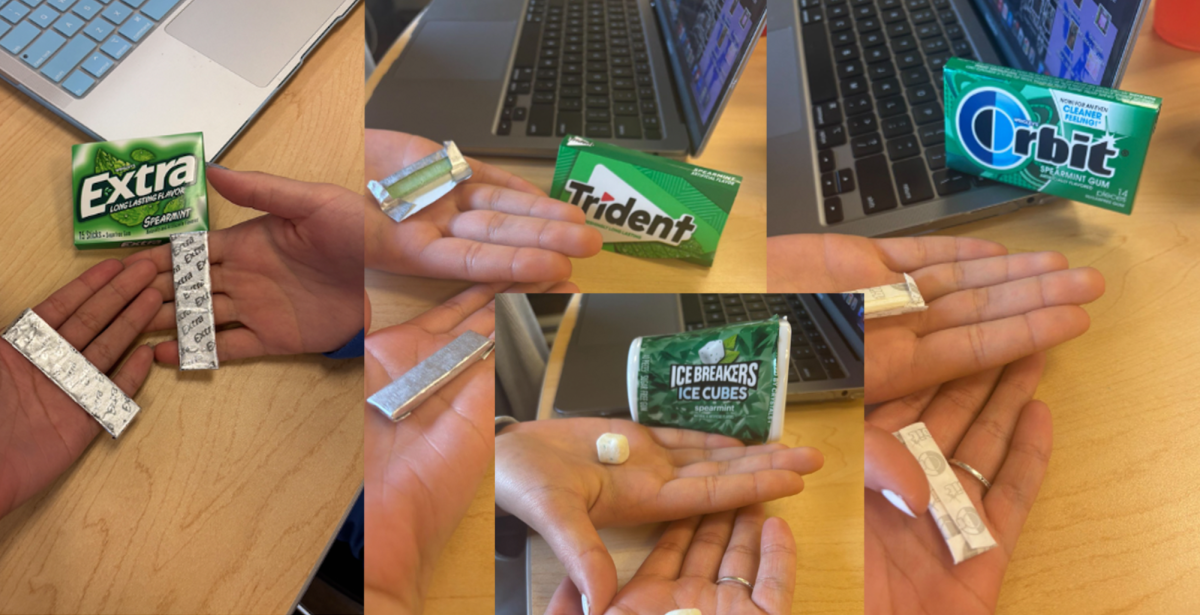The Beachwood City Schools sent an email to students and families on Aug. 22 stating that the district was installing menstrual product dispensers in bathrooms at BHS, BMS and Hilltop.
The school district partnered with Aunt Flow, a company dedicated to improving free access to high quality menstrual products.
“Research shows that a lack of access to menstrual products affects school attendance and poses health risks to students,” Director of Pupil Services Jennifer Polak wrote in the email. “This partnership with Aunt Flow affirms our commitment to creating an inclusive learning environment where students feel supported and focused on learning.”
The implementation marks a shift in accessibility for Beachwood’s students with menstrual cycles.
Polak further explained why the district installed the dispensers.
“These are essential health care items, [ensuring students’ convenient access] provides dignity, it provides privacy and convenience,” she said.
Prior to this innovation, students on their cycles had to either go to the nurse’s office or pay 25 cents at a dispenser to obtain menstrual products.
“I was happy about it. It’s just nice to know that you don’t have to put in a quarter in anymore,” senior Madison Torbert said.
Discussion surrounding the installation of menstrual products at Beachwood began at the end of last school year.
The school district’s leadership team, composed of district administrators and building principals, discussed a variety of issues that students face, one being the limited access to free period products.
At around the same time, Polak started researching companies and statistics on period poverty in the United States and found Aunt Flow.
After contacting the company, Aunt Flow provided Beachwood with an inexpensive quote, and it was approved by the city’s board treasurer.
Aunt Flow sent pre-assembled dispensers, thus simplifying the installation process. The available products include pads and tampons.
Beachwood students are happy about the implementation.
“I’m so happy about it,” senior Siya Gulia said.
“I thought it was really annoying how I had to pay for menstrual products in the restrooms, but now I can get them for free,” senior Vivian Myers said.
Other school districts in Ohio are beginning to provide menstrual products as well.
As of Oct. 3, the Ohio General Assembly is requiring that schools provide free period products to students grades 6-12. The state allocated $5 million dollars to reimburse schools that had already bought dispensers and products.
Access to menstrual products is a big problem in the United States that gets little attention. Period poverty is defined as the inability to access menstrual products, feminine hygiene facilities and education regarding female bodies.
According to Harvard Health Publishing, nearly 22 million women in poverty are unable to afford menstrual hygiene products.
The National Organization for Women (NOW) reported that the average woman spends about $20 per menstrual cycle, adding up to around $18,000 in a lifetime.
Period poverty has a substantial impact on students’ mental health and education as well.
According to a survey conducted by the period product companies Thinx and PERIOD, two thirds of teens with cycles feel stressed due to the lack of access to menstrual products at school.
84% of students have either missed class or know someone who has because of lack of access to menstrual products.
79% have reported lacking education about feminine hygiene, and more than half of students surveyed feel that their school does not care about them if free period products are not provided in restrooms.
Clearly the accessibility of period products is extremely significant in impacting the lives of menstruating people.













